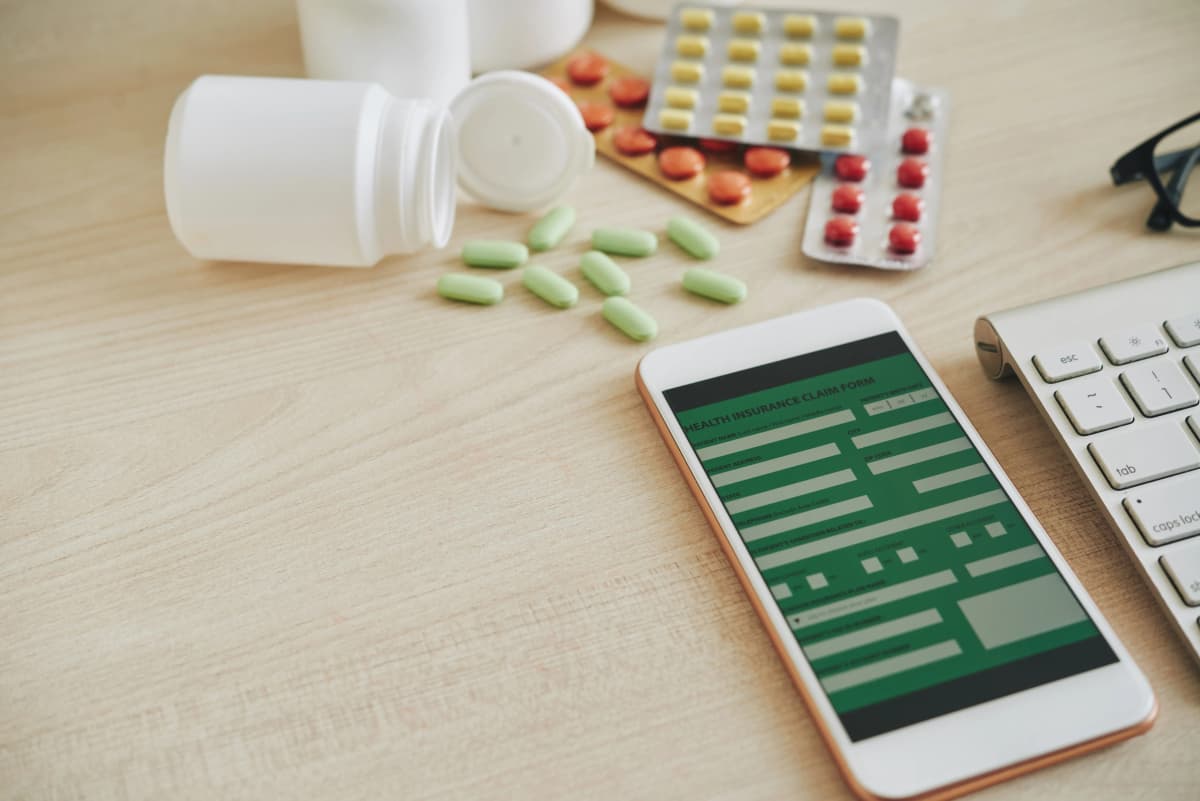What Is Medication Reconciliation? Why It Matters for Long-Term Care

Managing medications can be challenging, especially for seniors and those in long-term care. Medication reconciliation is a crucial process that helps prevent errors and ensures safe, effective treatment. At Central Pharmacy, we prioritize this step to keep our patients healthy.
What Is Medication Reconciliation?
Medication reconciliation is the process of reviewing and verifying a patient’s complete medication list to avoid mistakes. This includes:
-
Prescription medications
-
Over-the-counter (OTC) drugs
-
Vitamins and supplements
It’s done when a patient moves between healthcare settings (like hospital to home) or during regular check-ups.
Why Is It Important?
-
Prevents harmful drug interactions
-
Reduces duplicate medications
-
Ensures correct dosages
-
Improves overall health outcomes
How Medication Reconciliation Works
1. Collecting Medication Information
A healthcare provider (or pharmacist) gathers details about all medications a patient is taking, including:
-
Drug names
-
Dosages
-
Frequency
2. Comparing and Verifying
The list is checked against new prescriptions or changes to:
-
Remove discontinued medications
-
Add new ones correctly
-
Update dosages if needed
3. Communicating the Final List
The updated medication list is shared with:
-
The patient and caregivers
-
Doctors and nurses
-
Pharmacies (like Central Pharmacy)
Why Medication Reconciliation Is Critical in Long-Term Care
Seniors and long-term care patients often take multiple medications, increasing the risk of errors.
Common Risks Without Proper Reconciliation
-
Taking the wrong dose
-
Mixing unsafe drug combinations
-
Missing important medications
How It Helps Caregivers
-
Clear instructions for administering meds
-
Fewer emergency hospital visits due to mistakes
-
Better coordination between doctors and pharmacies
How Central Pharmacy Supports Medication Reconciliation
At Central Pharmacy, we help by:
-
Reviewing medication lists during refills
-
Flagging potential interactions
-
Providing easy-to-follow instructions
-
Working with doctors to ensure accuracy
What You Can Do to Stay Safe
-
Keep an updated medication list (including OTC drugs)
-
Share changes with your pharmacist and doctor
-
Ask questions if a prescription seems different
-
Use one pharmacy (like Central Pharmacy) for all medications
Need Help Managing Medications?
Visit Central Pharmacy for a free medication review and personalized support.
Snippet From our blog
Explore helpful tips, expert insights, and the latest health updates on our blog. Find practical advice and resources to support a healthier life.